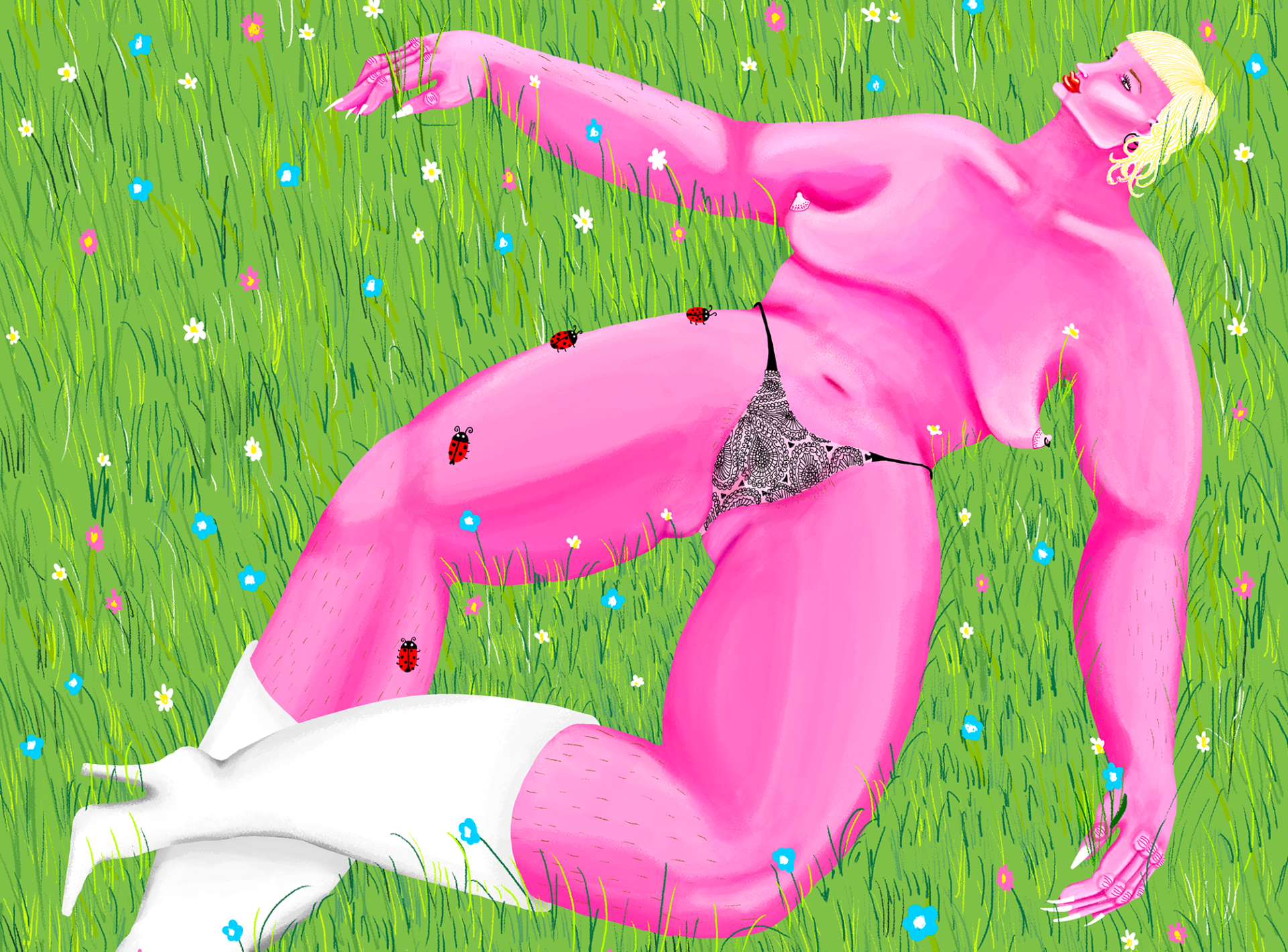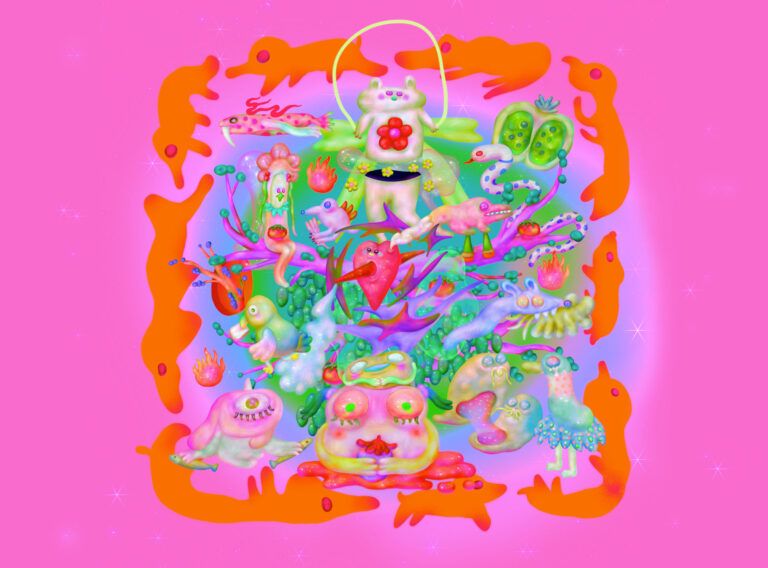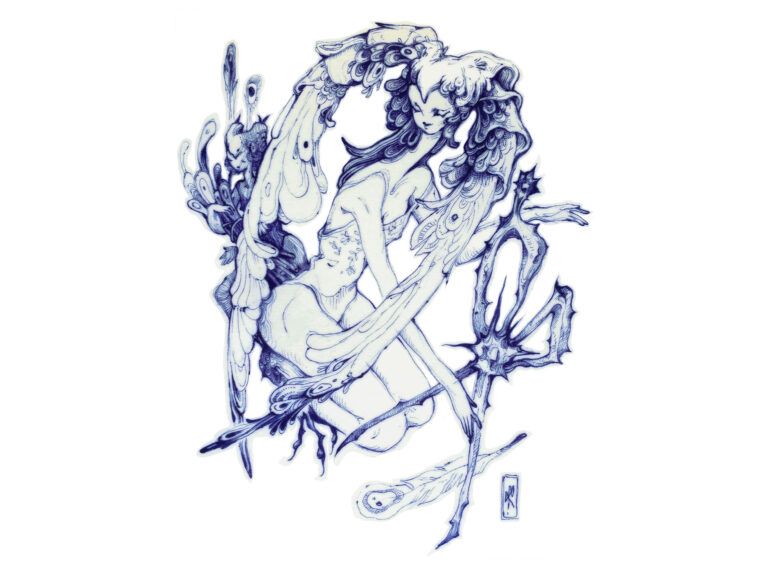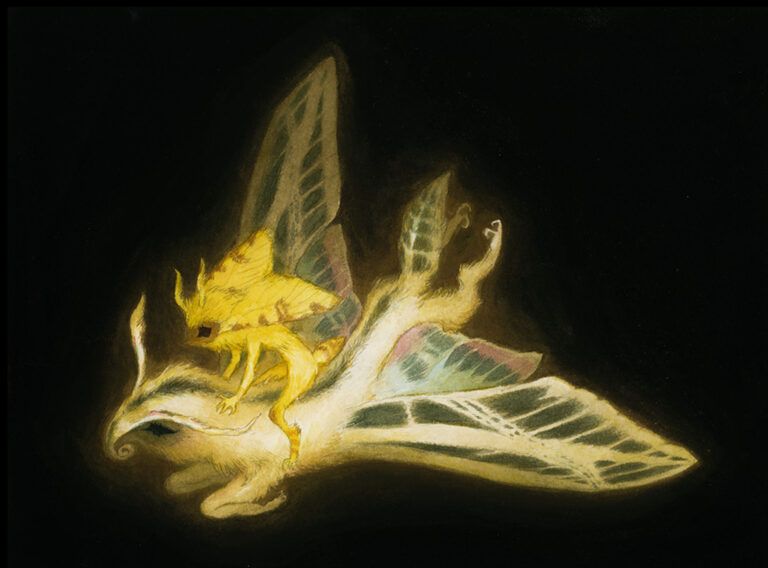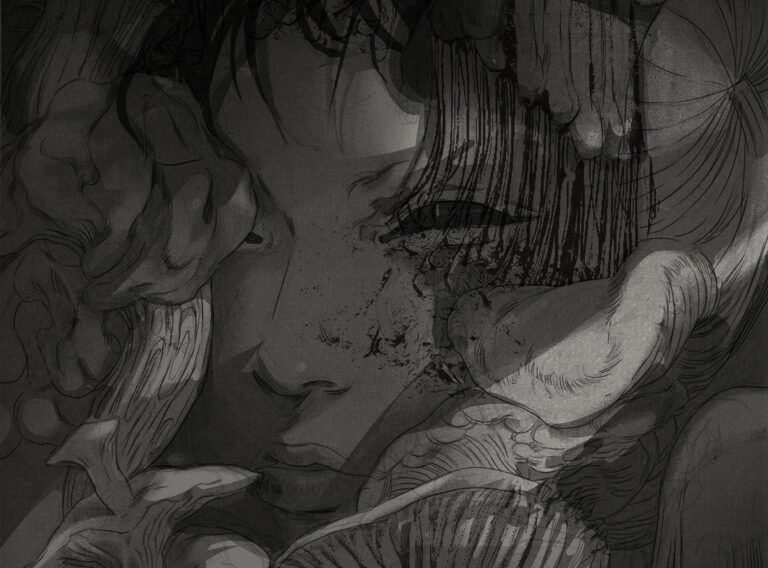WORDS BY THE AUTHOR / Most of my recent illustrations are made using Photoshop, layers on top of layers on top of layers. They are snapshots of my life and of the things that keep me busy at night. The amount of unintentional self-portraits in my portfolio is pretty striking. I love these “unintentional” drawings. They almost serve as therapy, literally illustrating what is weighing heavy on my mind and what is making me feel anxious.
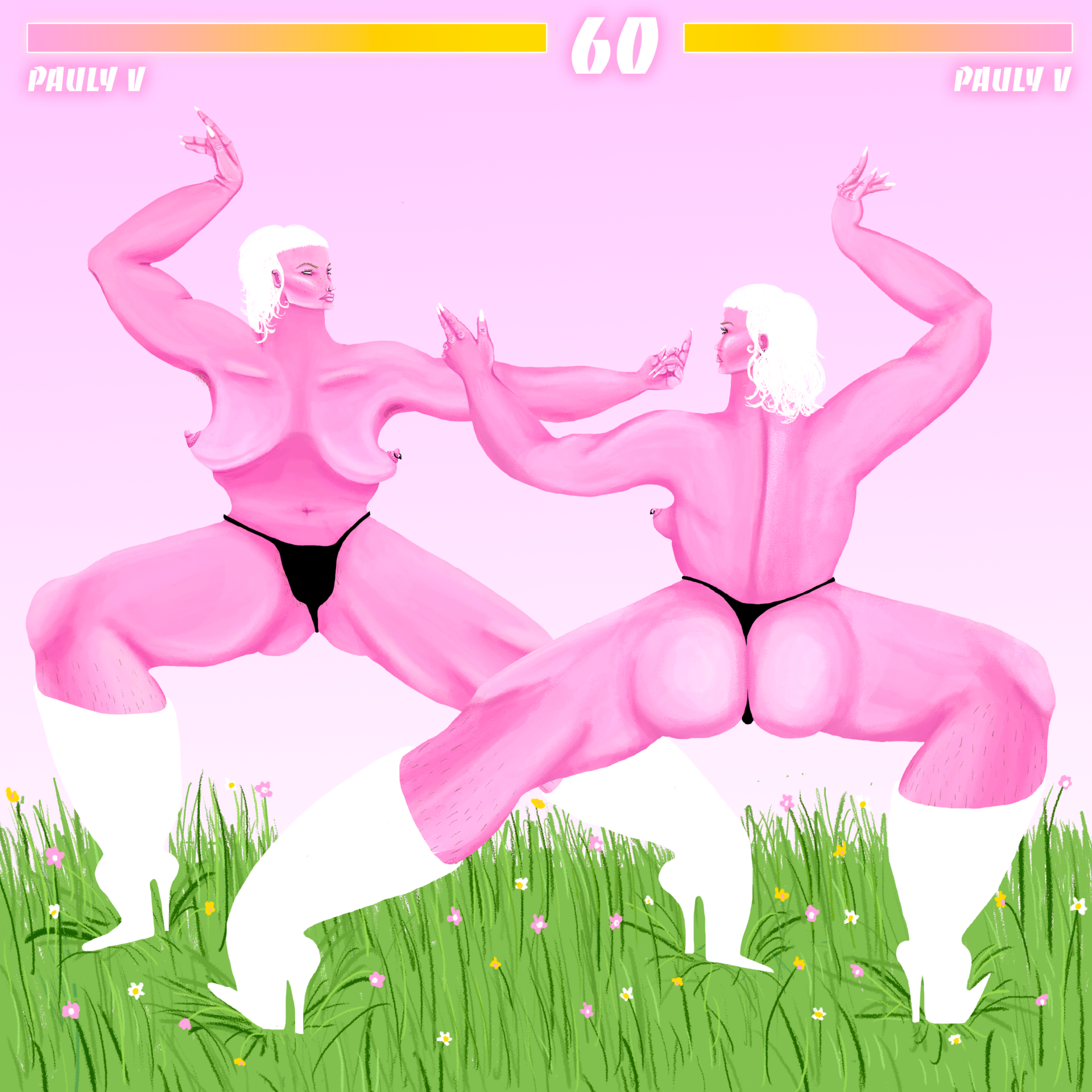
It is funny how I (and many other artists) share such a personal experience as drawing with the rest of the world. I have been thinking about this a lot recently. About how it sometimes feels like an artwork cannot exist beyond the social media realm as if the only way to legitimise an artwork is to post it on Instagram. I have, for example, noticed how I always keep Instagram on my mind when I start a new drawing. I’ll work in a blank square. I’ll use RGB colours. I’ll probably already have a witty caption in mind. And I’ll wonder whether people will like it.


I am actively trying to change this mindset by taking a step back once in a while. To allow myself to sometimes create just for me, instead of always creating content that is meant to be shown, provoke, incite or excite. So that I can redefine what is relevant to me as well as my professional work. It may sound cheesy but I guess you could say that I am on a journey to reconnect my professional self with my individual self, by letting go of the pressures of social media. You can follow my journey on social media (#paulienverheyen), LOL.
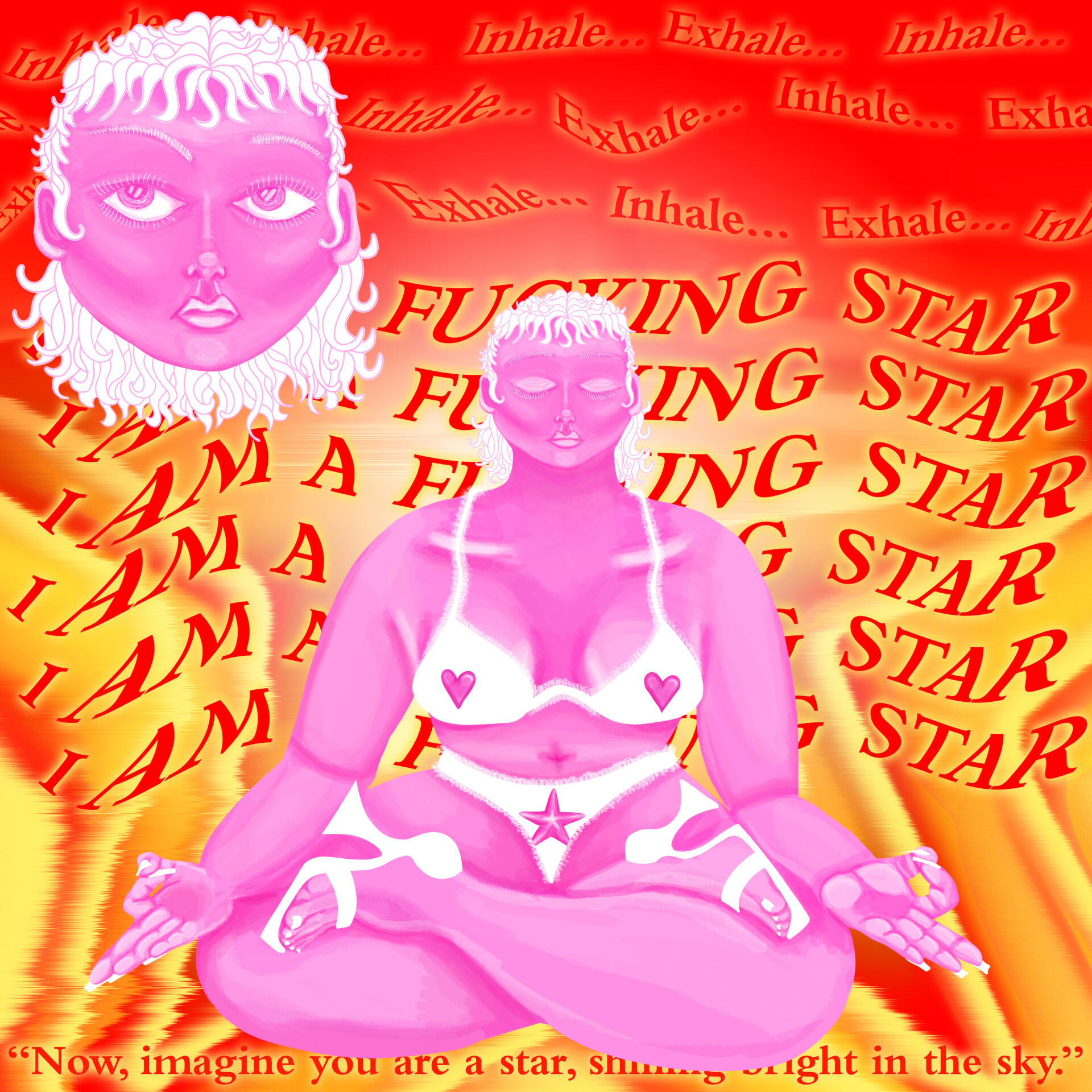
ABOUT/ Paulien Verheyen is an Antwerp-based illustrator and graphic designer. After graduating from the Royal Academy of Fine Arts Antwerp, Belgium, (2018), she continued studying cultural management at the University of Antwerp (2020). In her words: “I haven’t been too active as a professional illustrator lately, but I now feel like I am ready to get out there again.”
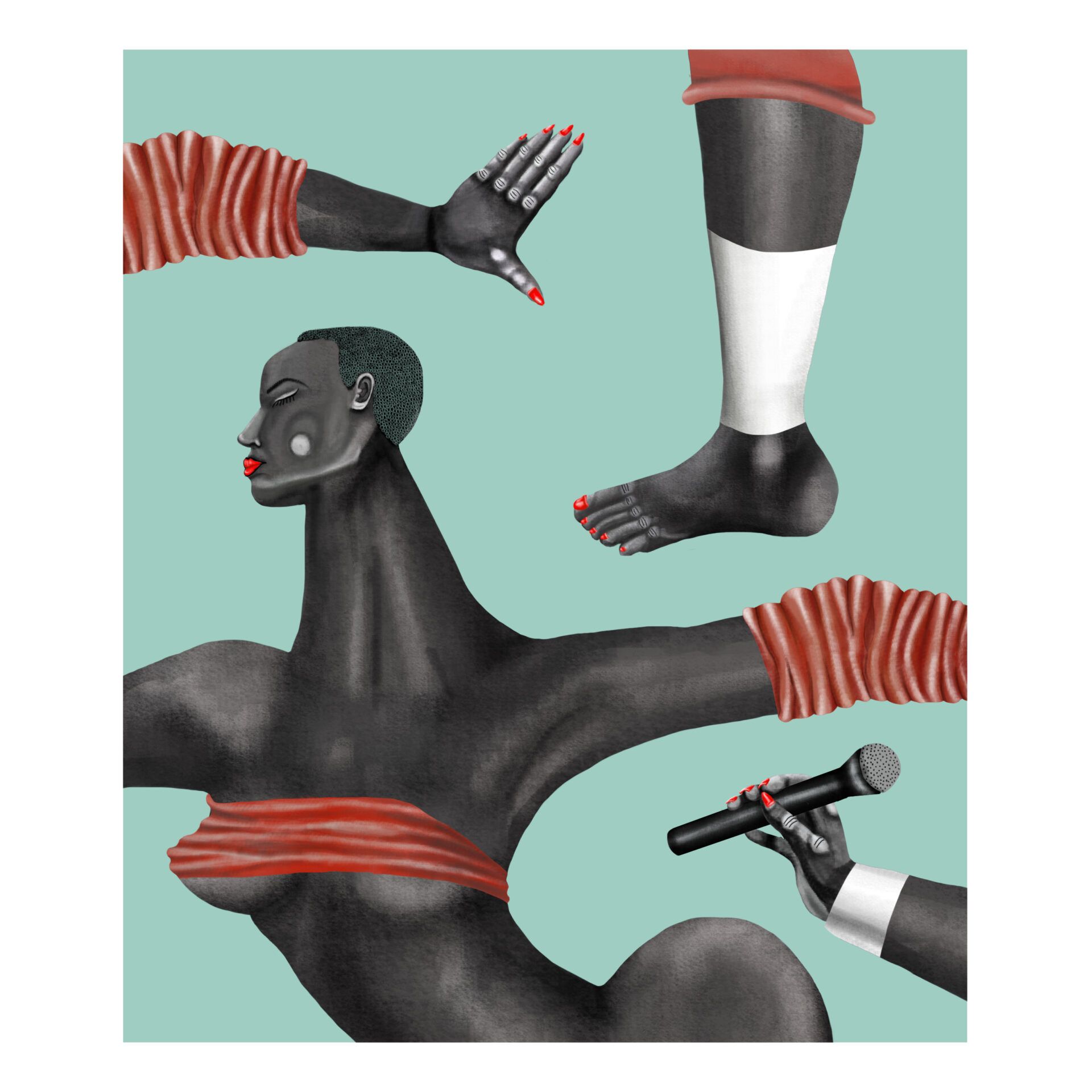

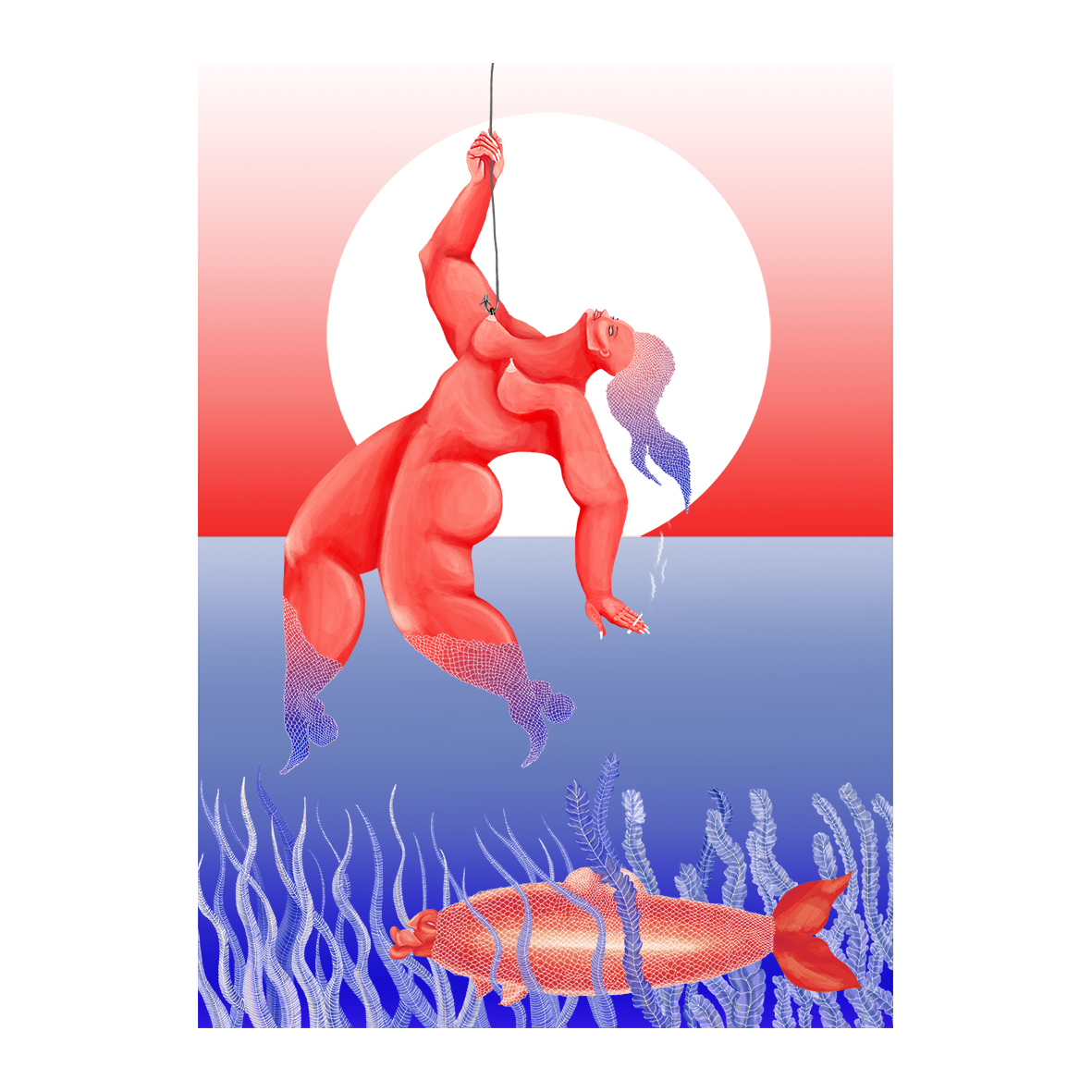
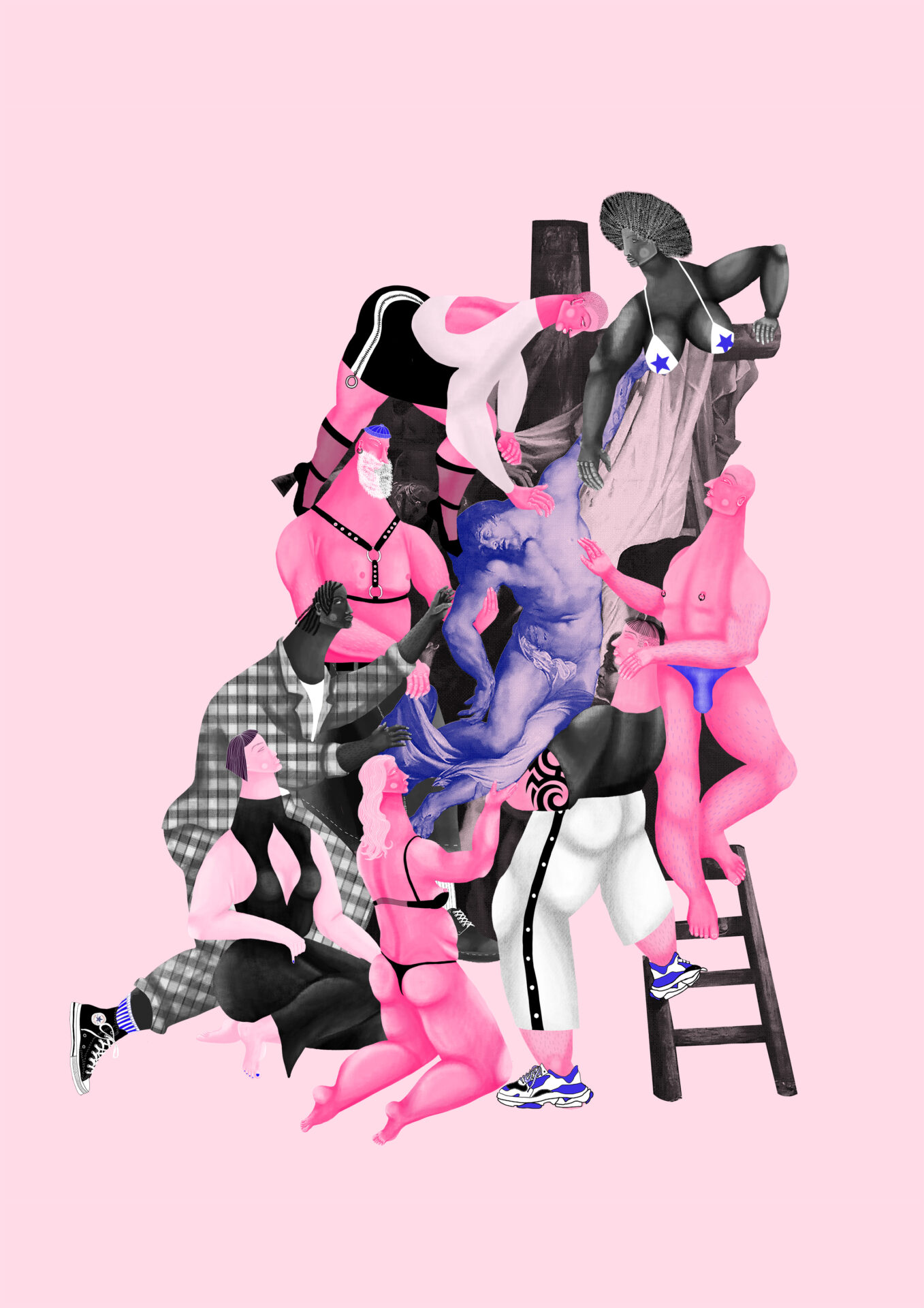
Her work often focuses on socio-cultural issues. For her BA (2017), Paulien investigated Antwerp’s red light district and the different roles that its female sex workers fulfil professionally: as citizens, mothers, daughters and friends. For Her MA (2018), she wrote and illustrated a book about the much discussed topic of cultural appropriation. In the final year at the Academy, she shifted from working manually to working digitally. It enabled her to make more detailed drawings and to experiment and constantly change her mind without having to completely start over. As she concluded: “Control+Z really is my best friend.”
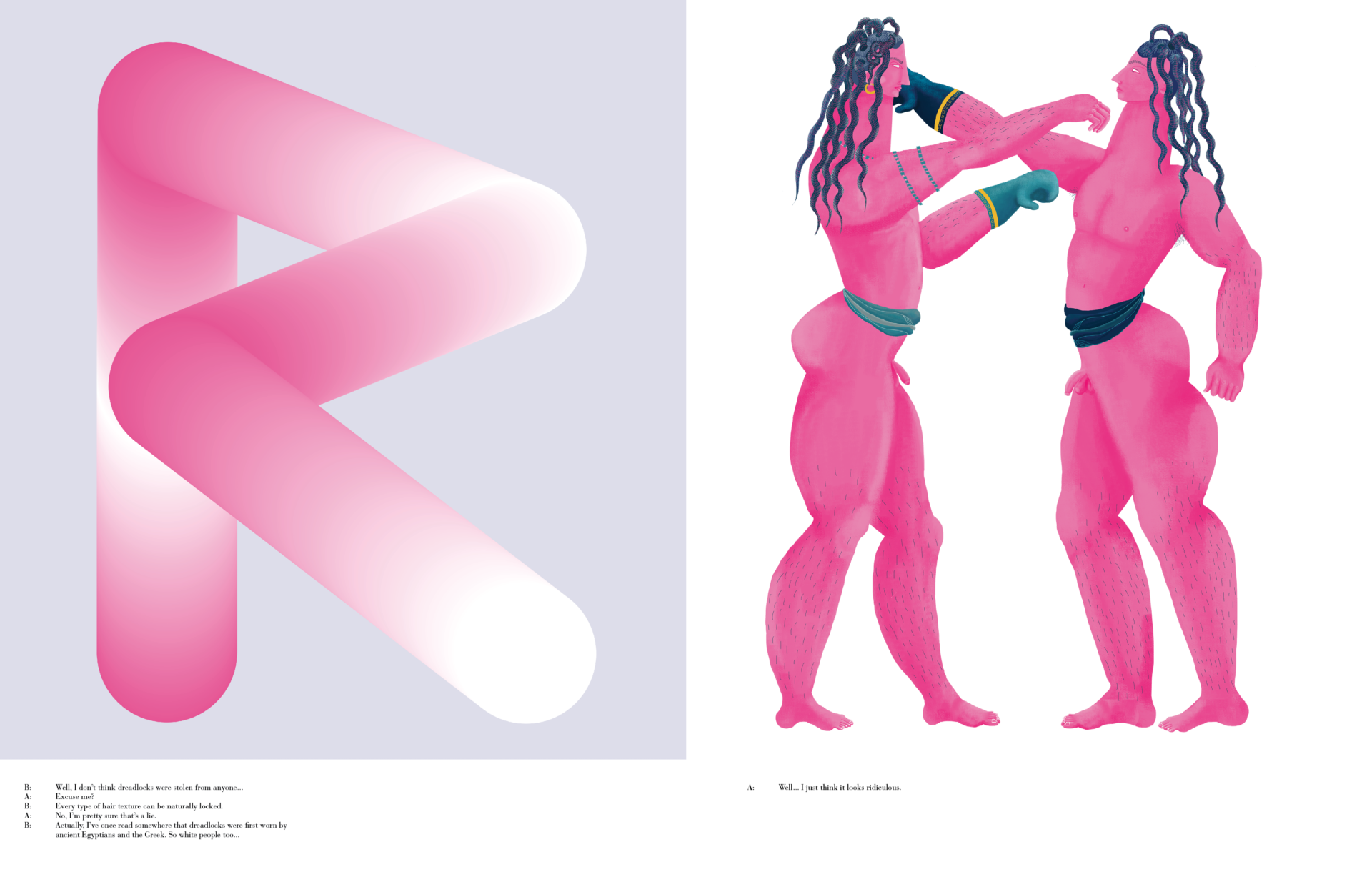
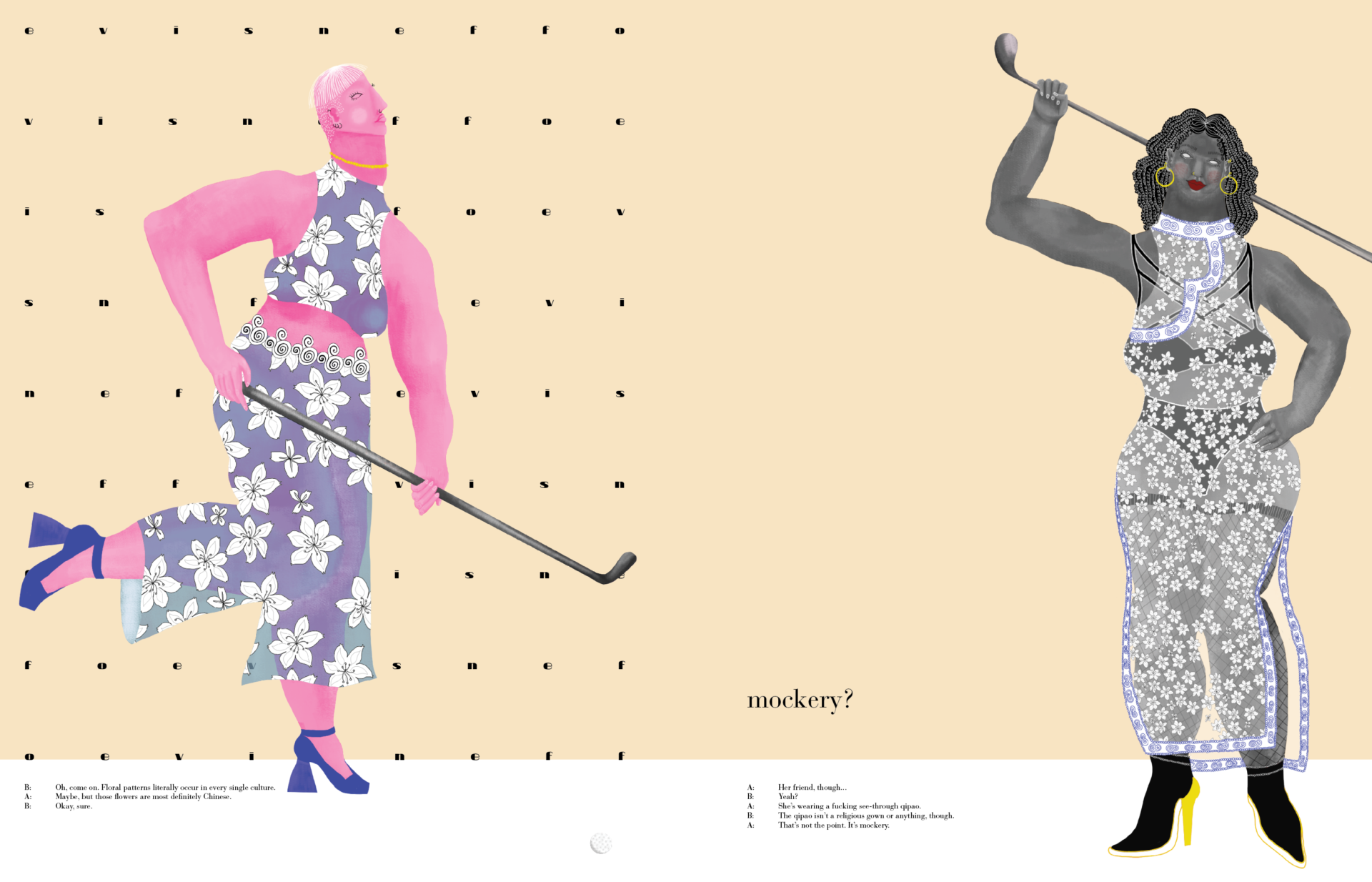


ARTWORKS / @paulienverheyen
